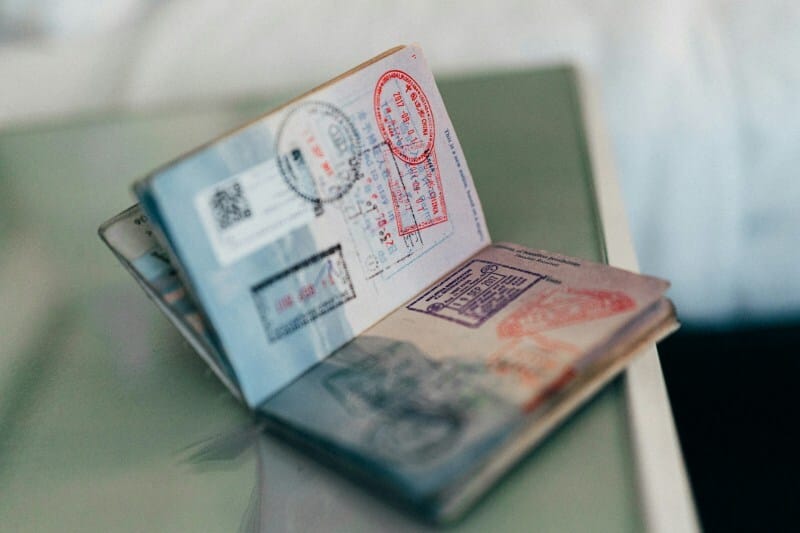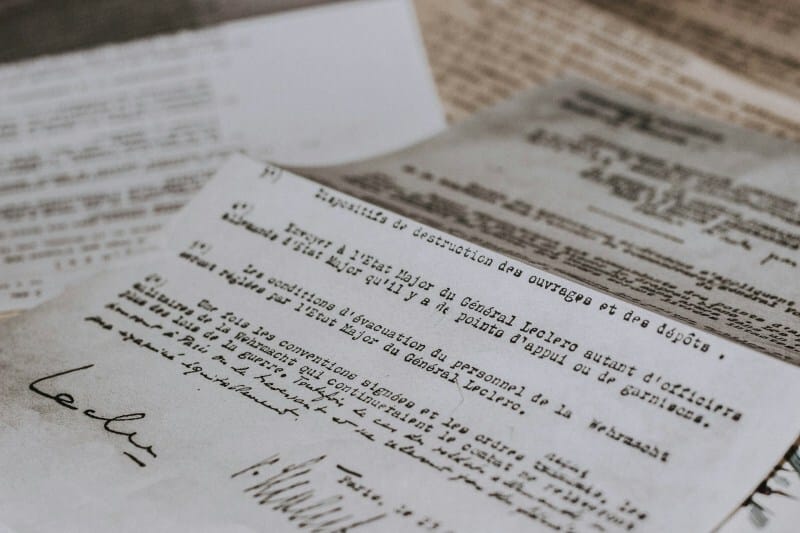When you’re applying for a visa, your documents speak for you. Among the most important is your birth certificate, a foundational record used to verify identity, nationality, and family connections. If you’re planning international travel for work, study, or family reasons, it’s crucial to know how this document is used.
Continue reading to find out what your birth certificate needs to show and how to ensure it’s accepted abroad.

Why Birth Certificates Matter in Visa Applications
Most visa authorities require proof of identity and legal status, especially if you’re applying for dependent visas, family reunification, or child sponsorship. A birth certificate shows when and where you were born, and names your parents, making it a trusted link to establish family ties or confirm your citizenship.
In the UK, General Register Office (GRO) certificates are widely accepted. However, each country has its own rules about how the document must appear or be authenticated.

Translation Requirements for Non-English Birth Certificates
If your certificate isn’t in English, you’ll need an official translation before submitting it to embassies or immigration offices. In many European countries, authorities only accept certified translations completed by sworn translators.
For example, French authorities require a french birth certificate translation when handling UK-based applications. The translation must be accurate, complete, and accompanied by a statement of certification to confirm it’s a true reflection of the original.

Authentication, Legalisation, and Apostille Stamps
Simply having a birth certificate isn’t enough in some cases. Many immigration processes ask for legalised documents, which confirm that your certificate is genuine.
In the UK, legalisation is done by the Foreign, Commonwealth and Development Office (FCDO). This process involves adding an apostille stamp, which certifies the document’s origin and validity. Without it, your birth certificate might be rejected by foreign authorities, even if translated.
Some countries also require notarisation before legalisation. This means a notary public verifies the document’s authenticity before the FCDO can step in.

Digital Copies vs Original Documents
While some visa applications now accept digital scans, most embassies and consulates will still request original documents or certified hard copies. It’s always safer to carry the original birth certificate to your visa appointment, along with photocopies and translated versions.
If you’re applying online, check if the digital uploads must be colour scans or PDF formats, and whether the translation needs to be embedded in the same file.
What to Check Before Submission
To avoid unnecessary delays or rejections, make sure your birth certificate includes:
Your full name, exactly as shown in your passport
Your date and place of birth
Full names of both parents
Registration date of the document
Clear stamps or official seals (if required)
Also, it’s important to check the expiry rules. Some visa offices only accept documents issued within the last three to six months, especially in family or marriage-based visa applications.
Final Thoughts
Visa applications can feel like a maze, but being prepared with the right documents can make all the difference. Your birth certificate is more than just a formality, it’s a key to unlocking international access for you and your family.
Always check the specific embassy’s document rules before applying, and make sure your certificate is translated and legalised if needed.
The post The Role of Birth Certificates in Visa Processes appeared first on Moss and Fog.